Premium Only Content
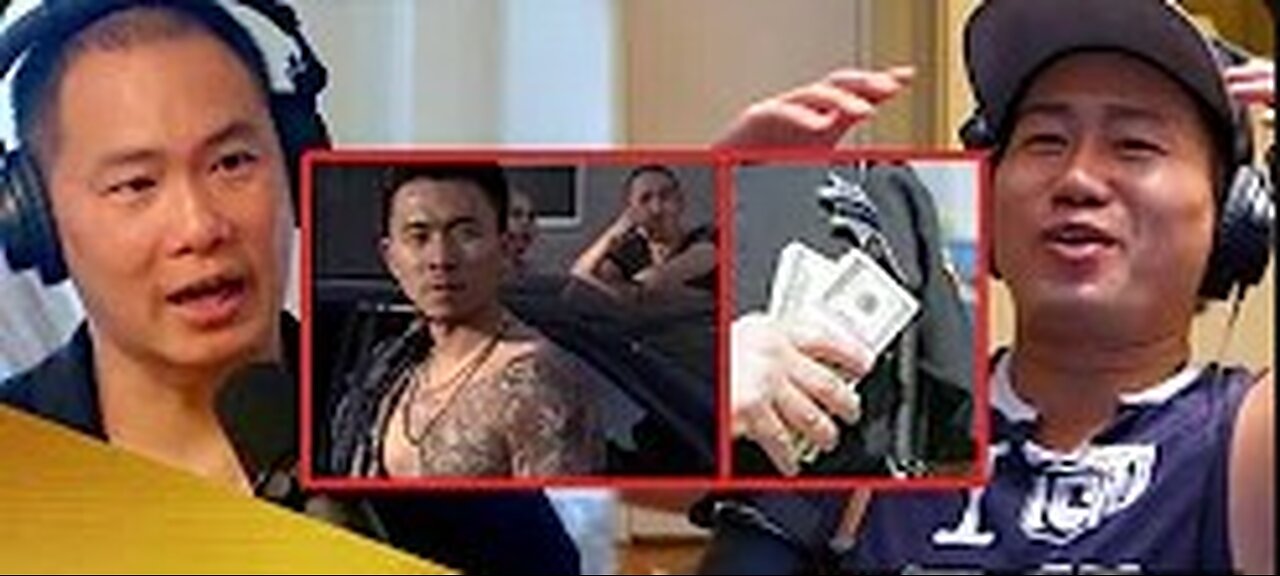
How Gangs Lure and Control Corrupt Cops
The Existence of a Corrupt Inner Circle within the NYPD: Lee describes a structure within the police department where a small, corrupt inner circle controls a larger network of "dirty" cops. This core group exerts influence over the entire department, leveraging connections with powerful community leaders and politicians.
Methods of Recruitment and Corruption: Gangs utilize a multi-pronged strategy to entrap officers:
Exploiting "Hooks": They offer favors to cops in need of connections, gradually building a sense of obligation.
Cultural Manipulation: In Lee's experience, the Chinese culture's emphasis on gift-giving and respect for authority makes it easier for officers to accept bribes disguised as "lucky money" or gestures of goodwill.
Gradual Escalation: The process starts with seemingly harmless gestures like free meals and drinks, then progresses to offers of companionship, and eventually, partnership in illicit businesses.
Temptation and Exploitation of Weaknesses: Gangs strategically provide cops with what they lack – be it companionship, financial security, or a sense of power. They use attractive women skilled in "courting men" to make officers feel special and lower their inhibitions.
Consequences and Control: Once entangled, corrupt cops become beholden to the gangs. They protect illegal businesses, turn a blind eye to criminal activities, and even help to promote gang-affiliated individuals within the police force.
Key Quotes:
Inner Circle Control: "So it's like if you need a hook or whatever…the upper brass are thinking, 'Oh, I could get promoted faster if I play nice with this community.'"
Cultural Manipulation: "In our culture, Chinese New Year's you get red envelopes right? So you can watch money a lot easier right? Lucky money...So it's like, 'Oh you know, going off shift you know here you go. Happy Chinese New Year.'...and then that becomes a regular thing."
Gradual Escalation: "And then one day it becomes, 'Oh you know, um I got a ticket last time, right? Can you help me with that?' And you're like, 'Oh, you know this guy does the right thing, yeah. I know the cop. I'll talk to him for you, right?' And then next time you don't get tickets or whatever, right? Or he takes care of that ticket or something, you know what I mean? So then it becomes—then they got you right?"
Temptation: "When we were hanging out there the girls, right, were telling us, 'Oh, when we're—when we're off or whatever, come by and have a drink.' And a lot of these girls look good and they're like, 'Oh, you know, we were tempted…'"
Important Facts:
80/20 Split: Lee estimates that 80% of cops are "normal," unaware of the inner circle's activities.
Targeting "Flippers": Corrupt officers intentionally target and cultivate relationships with colleagues who are likely to "rat" on others.
Internal Affairs: Lee implies that even Internal Affairs officers were susceptible to the temptations offered by the gangs.
Conclusion:
Lee's account paints a disturbing picture of systemic corruption within the NYPD, where gangs strategically exploit vulnerabilities and manipulate officers to gain control and protect their illicit activities. His testimony highlights the importance of vigilance within law enforcement and the need for robust systems to prevent and root out corruption.
-
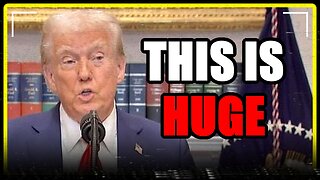 10:17
10:17
MattMorseTV
17 hours ago $14.06 earnedTrump's DOJ just DROPPED a NUKE.
79.2K85 -
 2:09:32
2:09:32
Side Scrollers Podcast
20 hours agoStreamer DIES Live On Air + Your Food is Poison + Xbox Announces $900 Handheld | Side Scrollers Live
32.9K12 -
 15:32
15:32
GritsGG
16 hours agoFull Auto ABR Sniper Support! Most Winning Quad Win Streaking!
17.9K3 -
 7:42
7:42
The Pascal Show
15 hours ago $1.35 earnedBREAKING! Police Provide UPDATE In Emmanuel Haro's Case! Is Jake's Lawyer Lying To Us?!
22.7K -
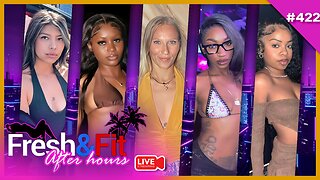 2:29:46
2:29:46
FreshandFit
9 hours agoAfter Hours w/ Girls
125K82 -
 5:28
5:28
Zach Humphries
15 hours ago $2.18 earnedNEAR PROTCOL AND STELLAR TEAM UP!
28.5K2 -
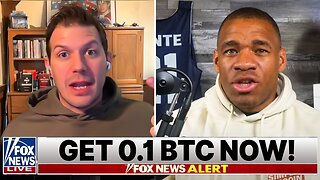 1:09:57
1:09:57
Brandon Gentile
1 day ago10,000 Hour BITCOIN Expert Reveals Why $13.5M Is Just The Start
31.2K4 -
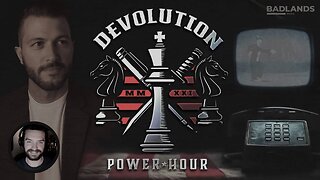 2:03:55
2:03:55
Badlands Media
9 hours agoDevolution Power Hour Ep. 382: DOJ Coverups, Clapper’s Team Sport & Trump’s Countermoves
143K24 -
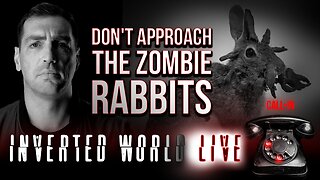 2:06:30
2:06:30
Inverted World Live
12 hours agoDon't Approach the Zombie Rabbits | Ep. 95
59.5K26 -
 3:26:45
3:26:45
Drew Hernandez
8 hours agoISRAEL PLANNING POSSIBLE DRAFT IN USA & TRUMP'S VIEW ON ETERNAL LIFE ANALYZED PT 2
45.5K58